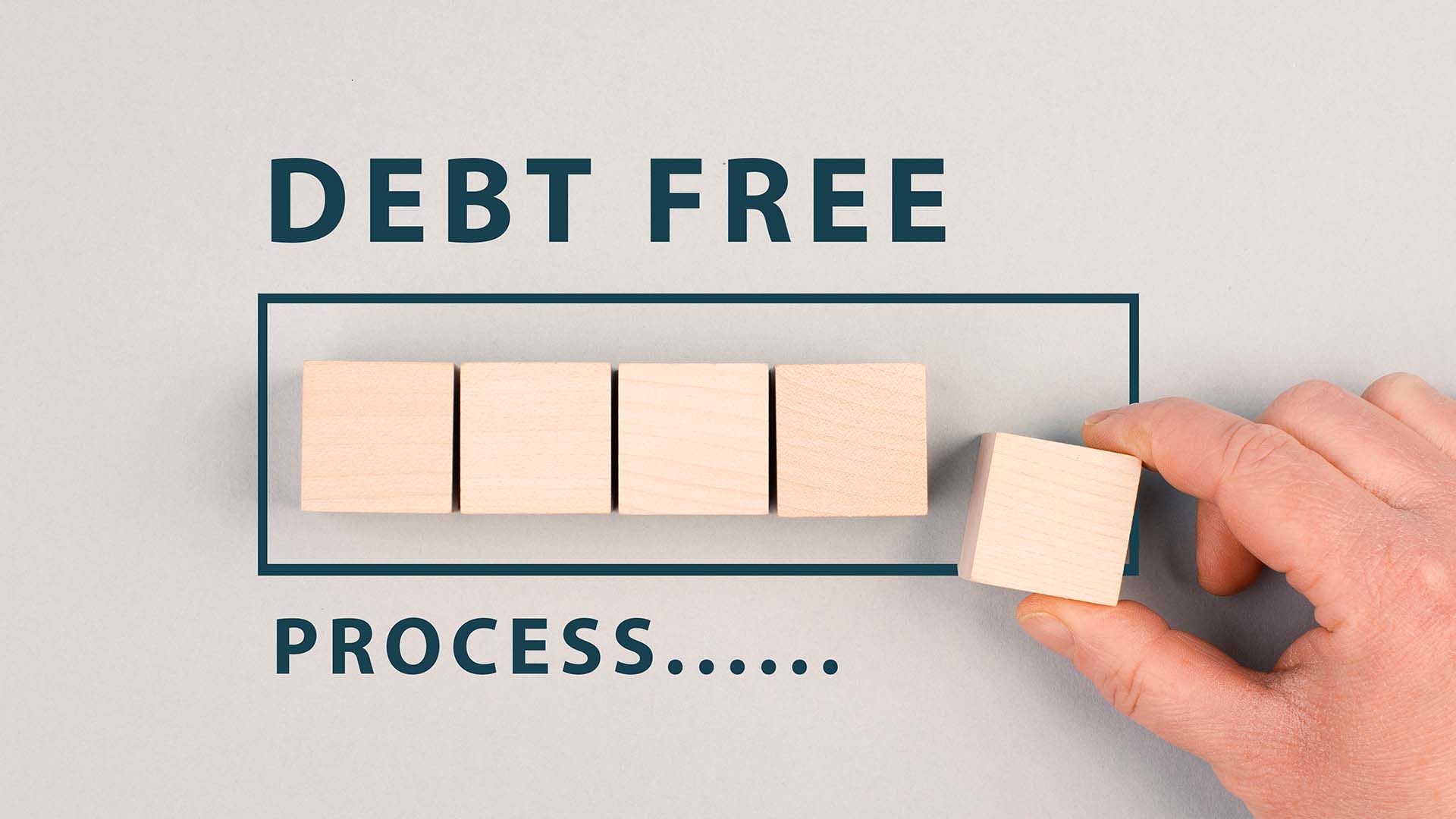For many people, debt feels like a shadow that follows them everywhere—on every grocery run, every salary day, and every future plan. Whether it’s credit card balances, personal loans, or student financing, being in debt can be mentally exhausting and financially limiting. But it doesn’t have to be a life sentence. Becoming debt-free is absolutely achievable—even if you’re starting small—and the sense of freedom on the other side is worth every effort.
In a high-interest world like the one we’re living in now, where consumer debt rates across Europe average above 6%, paying off what you owe isn’t just smart—it’s financially urgent. The longer you wait, the more you’re paying to stand still. But the solution isn’t about winning the lottery or cutting every joy from your life—it’s about structure, momentum, and a plan that works for real people, not financial superheroes.
Here’s how to start turning the tide in your favor and say goodbye to debt faster than you think.
Know What You Owe—Down to the Cent
It sounds obvious, but many people don’t have a complete picture of their debts. Scattered payments, different interest rates, automatic deductions—it all blurs into a general sense of “too much.” The first step to getting out of debt is facing it with clarity. List everything: balances, interest rates, minimum payments, due dates. Whether you use a spreadsheet or an app like YNAB or Mint, getting a clear snapshot is empowering. You can’t defeat what you can’t define.
Pick a Payoff Strategy and Stick to It
Once you know your numbers, decide on a method that suits your personality and your budget. The snowball method—where you pay off the smallest debt first for quick wins—works well for those motivated by progress. The avalanche method—where you target the highest interest rate first—saves the most money over time. Neither is wrong. The key is consistency.
Let’s say you owe € 3,000 on a credit card at 18% interest and € 7,000 on a personal loan at 7%. Even if the loan is larger, the card is draining you faster. Paying that off first could save hundreds of euros annually in interest.
Cut What Hurts Least, Not Most
Many people sabotage their budgets by trying to cut out what they love—dinners with friends, the occasional splurge—which often leads to burnout. Instead, find the easy wins. That might be canceling unused subscriptions, renegotiating insurance or utility bills, or selling things you no longer use. If you can redirect even € 100 per month toward your debt, that’s € 1,200 a year—not including interest saved. And that momentum grows with each debt you eliminate.
Automate the Progress
Discipline is hard. Automation helps. Set up scheduled payments for above the minimum amount—just like you would with a streaming subscription or rent. You’re building a habit, and over time, that builds freedom. When you remove the decision-making step, you reduce the risk of “forgetting” or reallocating that money to other things. And as your debt shrinks, consider increasing those payments incrementally.
Reward Yourself Without Breaking the Bank
The road to becoming debt-free can feel long, especially if you’re balancing other responsibilities or a limited income. So celebrate milestones. Paid off a credit card? Great—treat yourself to a nice dinner or a free day trip. Positive reinforcement helps you stay committed. Just make sure the reward doesn’t become another expense that slows you down.
The Momentum That Changes Everything
Getting out of debt isn’t just about money. It’s about peace of mind, options, and power. Imagine opening your bank app and seeing savings instead of statements. Picture your income going toward your future instead of your past. That’s not just financial progress—that’s life-changing momentum.
And here’s the best part: once you’ve paid off your debt, you’re already used to making regular payments. Redirecting that same amount into investments or savings means you’re not just debt-free—you’re wealth-building.
Your debt doesn’t define you. But your actions today will. Start small, stay focused, and don’t stop until the balance hits zero. Because the only thing better than becoming debt-free—is staying that way.

